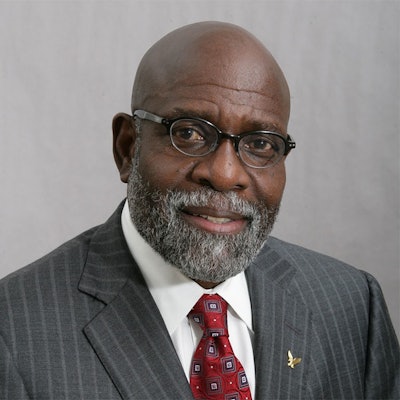To assert that I know a thing or two about university presidential searches is neither hyperbole nor hubris. After all, I have participated in approximately fifteen such searches, received eleven presidential offers, and served as chancellor of public universities in three different states. In addition, my portfolio as vice president of a multi-campus university included oversight for chancellor searches and performance reviews. Now that I have shared my creds, let’s move on to the essence of this column and the hoped-for takeaway, which is this: presidential searches do not have to be messy!
While this assertion may be generally true, it seems that increasingly more presidential searches, at institutions of all types and sizes, are bumping up against the guard rails of reality in the context of overzealous expectations. As one who has worked closely with university boards of trustees for nearly a half century, I am convinced that the most important role of a board is to recruit, support, and retain the services of an effective president and chief executive officer. Failure to do so has potentially catastrophic consequences, not only for the person selected but for the institution as well.
If my assertion is true, what then are the prerequisites for an effective presidential search? While there’s nothing magical about the number of prerequisites, what follows are five that I wish to highlight. Dr. Charlie Nelms
Dr. Charlie Nelms
1. Trustees must determine the type of leadership the university needs before launching a search. A critical aspect of that determination entails seeking input from key stakeholders: faculty and staff, students and alumni, donors, and policymakers, among others. Too often, in my view, trustees and search committees focus on the vision of prospective candidates, rather than articulating their own vision and looking for alignment between their vision and the experiences and attributes of various candidates.
2. The articulation and implementation of a transparent search process is not only essential from the perspective of upholding the longstanding traditions of shared governance, but such a process also helps to ensure applicants that their candidacy will be treated with the highest degree of confidentiality, professionalism, and timeliness. Similarly, it provides the individual selected a positive foundation for commencing their presidency.
3. To use or not use a search firm is not an insignificant question. While a good search firm, and there are lots of them, is worth the investment, selecting the right one is of paramount importance. Contrary to popular belief in some circles, search firms do not maintain a resume bank of people for whom they are trying to find placements. In my experience, search firms are comprised of professionals who are committed to assisting their clients by identifying candidates who possess the requisite experience, skills, and attributes needed to help colleges and universities with accomplishing their mission and vision. While it is true that search firms often call on previously placed candidates for recommendations, it doesn’t necessarily mean that every suggestion they receive is shared with a search committee. It is important to keep in mind that a successful placement is a search firm’s most significant means of advertisement — and the opportunity for repeat engagements. To those who question the cost of retaining the services of a search firm, I encourage them to consider the higher cost of a failed search. Most importantly, the use of a search firm does not absolve members of the university community of the need to take an active role in identifying and recruiting strong, preferred candidates.
4. Confidentiality Matters. There are those inside and outside the academy who fervently believe that for presidential searches to be authentic, they must be public from start to finish. I respectfully disagree! In my view, candidates do not want to see their names and photos displayed on social media or on an institution’s website. It is a well-known fact that only one candidate will emerge victorious in a search. Consequently, many candidates do not want to jeopardize their current employment by participating in searches where the names of candidates are prematurely made public. I know there may be those who strongly disagree with this view, but until or unless one finds themselves involved in a university presidential search, it’s little more than a hypothetical scenario, in which the consequences are meaningless for everyone except the applicants themselves.
5. A comprehensive position profile which captures all aspects of the university’s status, the challenges as well as the opportunities, is an essential first step in identifying applicants with the requisite skills set for moving the institution forward. Upon assuming their duties, no president should be left to discover that the institution faces dire financial straits or is on the verge of losing its accreditation. A good search firm can assist an institution in crafting a position profile that is truthful, without discouraging or frightening away prospective candidates ideally suited for the presidency.
In the process of writing this column, I found myself engrossed in reading a truly fascinating book, The Great Upheaval: Higher Education’s Past, Present, and Uncertain Future, co-authored by Arthur Levine and Scott Van Pelt. The authors indirectly make a compelling case for the importance of leadership in the academy: leadership that understands higher education is amidst a transformation and knows that tomorrow will not be a repeat of yesterday. Such leadership is so much more than the name of a president on an organization chart, or a high-resolution headshot on a webpage. During this great upheaval, it is imperative that colleges and universities get presidential searches right.
Dr. Charlie Nelms is the chancellor emeritus at North Carolina Central University. You can follow him on Twitter @CharlieNelms.



















